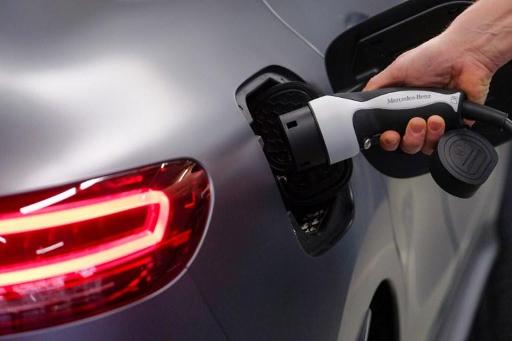Plug-in hybrid vehicles seem to be more polluting than originally thought, a new study published by De Standaard on Wednesday reveals. The research, carried out by European NGO Transport & Environment (T&E), found that hybrid cars perform much worse than initial testing suggested.
“In Belgium, there are twice as many plug-in hybrid cars as electric ones. They are sold as an ideal compromise,” said Noami Cambien from the Flemish environmental NGO Bond Beter Leefmilieu.
Researchers drove three of the best-selling mid-range plug-in hybrid cars on several trips in and around the Austrian city of Graz. During test drives in the city centre, the battery life of the hybrid vehicles appeared to be much lower than advertised – between 25% and 50% lower, depending on the model.
A round-trip journey between the outskirts of the city and the centre revealed higher emissions than official figures. The new survey matches the results of previous studies carried out by the NGO in 2020.
Related News
- Low-emission cars now account for over one-third of new vehicles in Europe
- Over €4.8 billion lost due to traffic jams in Belgium last year
The group claimed that the BMW X5, Volvo XC60, and Mitsubishi Outlander hybrid vehicles emitted between 28-89% more CO2 than manufacturer claims. Once the battery runs out, the vehicles can only travel 11-23 kilometres on their petrol engines before surpassing official CO2 emissions per kilometre.
In light of the results, T&E questions whether plug-in hybrid vehicles deserve to receive green subsidies from European governments. Statistics from Eurostat, the European Union’s statistics agency, show that the EU spent €5.9 billion importing plug-in vehicles. Many buyers benefit from government subsidies and tax reductions.

